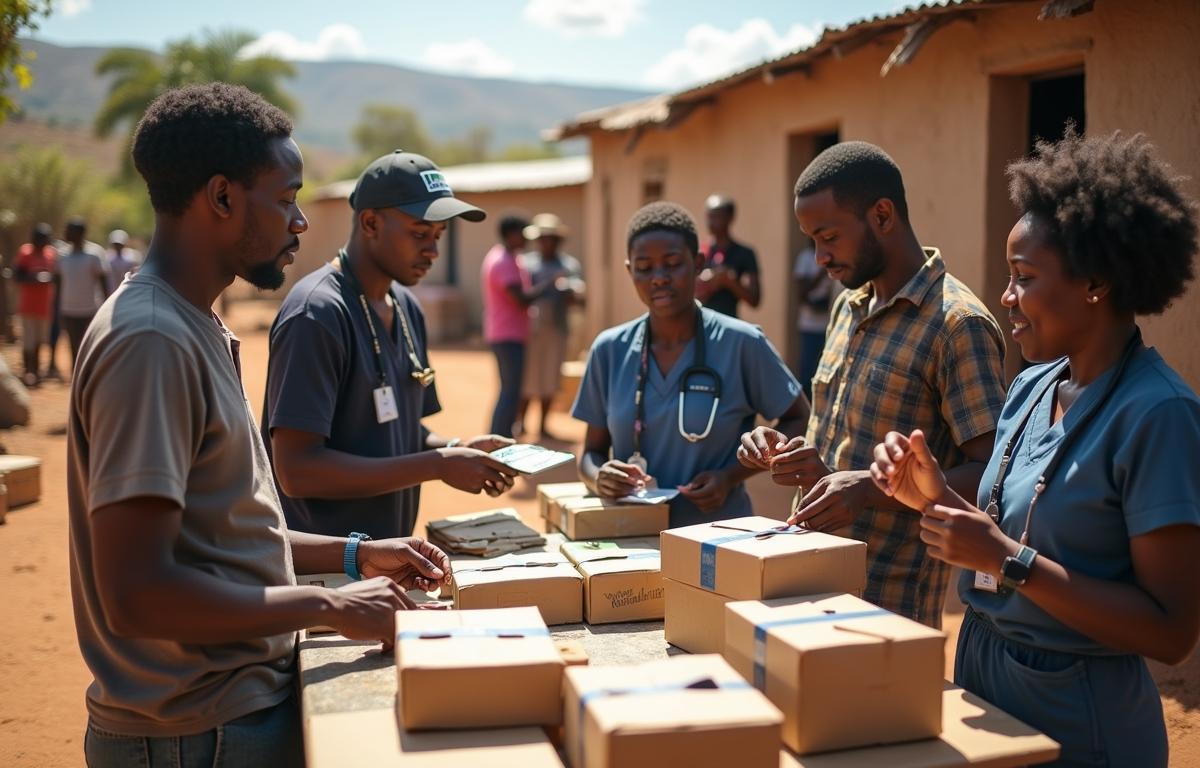Embarking on a journey, I discovered the unique experiences of a humanitarian organization. Every morning, you wake up knowing your efforts can help communities in crisis, relieve suffering, and advocate for those who need a voice. It’s a path filled with purpose, and it challenges your worldview in ways you never expected. While it demands resilience amid tough realities, the gratitude and determination you witness every day make the journey worthwhile.
There is no single formula for the perfect candidate in this line of work. People from diverse backgrounds teachers, nurses, tech professionals are all drawn to the mission of a charitable group. What unites them is a shared drive to support vulnerable communities. That unity under one goal creates an atmosphere of mutual encouragement and continuous learning.
Contents
The Motivation to Serve
Altruism often leads individuals to the non-profit world, but it is not the sole reason. Many see the direct impact of international aid and realize their day-to-day work can bring tangible changes. City workers, for example, might shift careers after volunteering overseas or mentoring youth in their neighborhoods. They realize they can use their skills to provide relief in places struck by setbacks and trauma.
Personal passions also play a massive role. Those who love working with children or protecting the environment might seek positions that allow them to focus on those interests. Realizing you can merge your passion and career can spark a lifelong commitment to bettering the world. It’s not uncommon to hear stories of people deciding to leave behind corporate jobs, because they yearn for a deeper, people-centered mission.
Daily Realities of the Non-Profit Sector
Days in a non-profit setting can be unexpectedly varied. One moment you might be on the phone with donors, updating them on how their support enhances local relief efforts. The next, you may be overseeing logistics for transporting goods to remote institutions, where supplies can mean the difference between comfort and struggle. After that, you might find yourself in a cramped bus heading to a nearby region for community outreach.
Resource constraints are common, so creativity becomes a survival skill. Budgets seldom match the grand scale of the needs, forcing teams to balance efficiency with compassion. Projects that could truly help thousands might have only enough funding for hundreds. Yet, having to work with limited resources inspires more collaborative thinking, ensuring every person involved uses their expertise to maximize the benefit.
Emotional Impact
Working in crisis zones or regions lacking stability can be emotionally heavy. You see real hardship up close, and it can test your resolve. But these emotional low points often remind you why you went into this career in the first place: to stand beside affected communities and offer genuine hope when it’s needed most.
Building Ethical Collaborations
Partnering with other organizations and local authorities is a strategic necessity. Establishing trust fosters a seamless flow of information, resources, and volunteers. When a humanitarian organization teams up with grassroots movements, both sides gain from each other’s perspectives on cultural customs and social challenges. This bond paves the way for more accurate initiatives, where help arrives exactly where it’s needed.
Ethics is a driving force in these partnerships. You learn that maintaining transparent finances and consistent communication is vital for building long-term alliances. Mistakes can carry significant consequences for the people you aim to help. Together with your allies, you share responsibility for ensuring each project remains sustainable and respectful of the local population’s dignity.
Intersection with Local Communities
Local involvement keeps projects anchored in reality. Community leaders know every corner of the terrain, from the layout of farmland to the cultural nuances that define daily life. You end up collaborating with them closely to craft programs that feel familiar and empowering. Their insight highlights how vital it is to engage residents in the planning process, so they remain the central focus of the efforts meant to help them.
Personal Growth in International Aid
Stepping into a role that deals with global crises can reshape your outlook. You learn about privilege and inequality through firsthand experiences, removing the distance between you and the populations you serve. A practice as simple as distributing basic necessities to displaced families can make you realize how fragile stability can be. Over time, you build a deeper sense of empathy and responsibility.
It isn’t just about the cause, though. Many discover hidden strengths they never knew they had. Whether it’s mastering an unfamiliar language, negotiating in tense situations, or offering emotional support to a grieving family, you evolve every day. These lessons follow you home, informing how you interact with neighbors, families, and strangers far beyond the scope of your day job.
